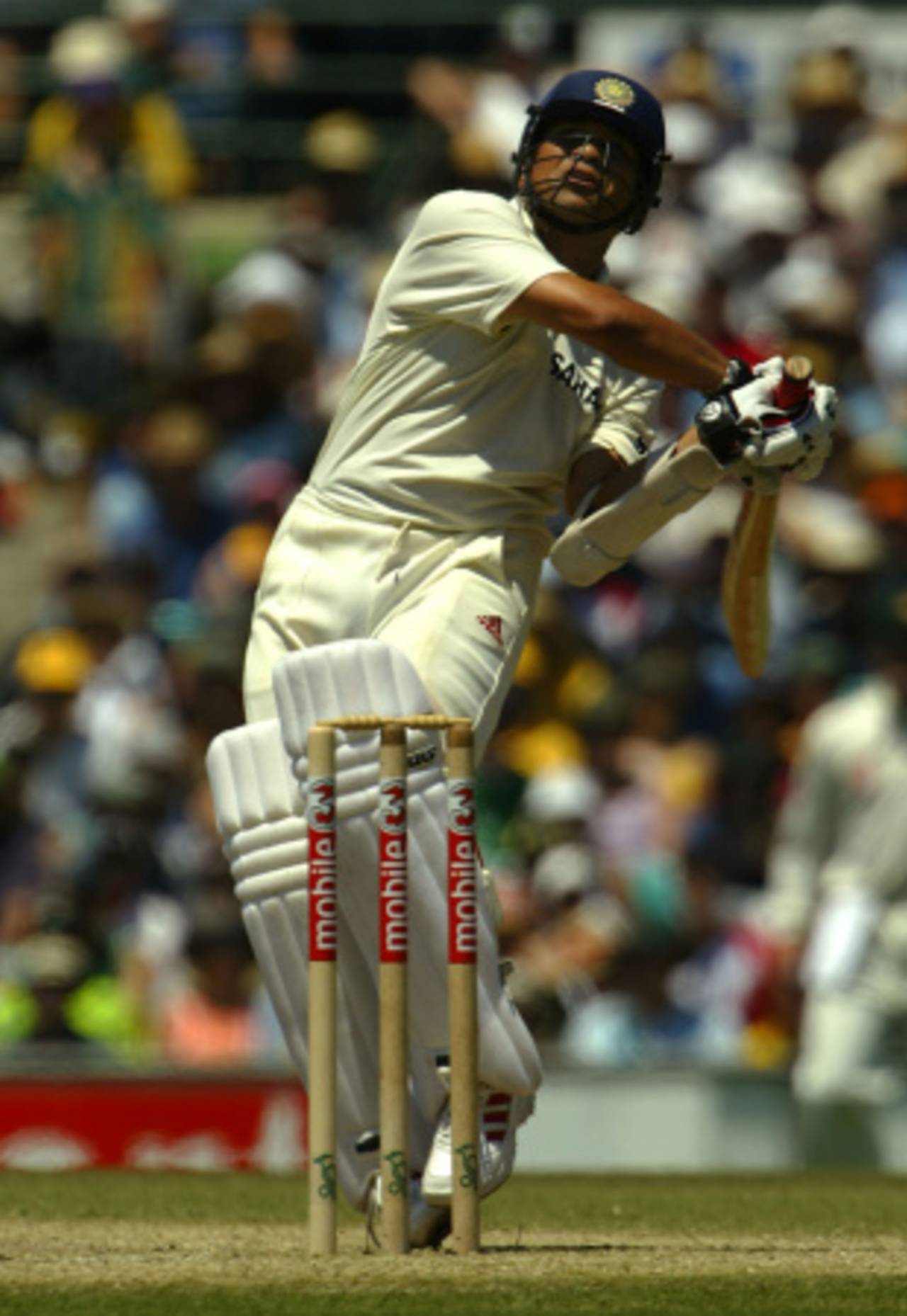I can think of few more thrilling things than to see an artist at the peak of his or her powers, where every situation is but a stage to perform on, every obstacle an opportunity to vanquish. Roger Federer has seen it and Lionel Messi is experiencing it now.
Sport dramatises skill but you see the impact of peak performance everywhere. Lata Mangeshkar hit every note that music composers could conceive of, some surgeons find ways of reaching tumours others may not know of, architects see beauty in a barren landscape.
With time, you can take skill for granted, maybe even ignore the factors that allowed your skill to dazzle. Inevitably you will know what to do when the next challenge surfaces, but that confluence of factors may have disappeared. The mind may be willing but the lungs might be weaker, the fingers shaky, the eyes not quite what they were. But the mind of a champion refuses to see those as indicators of weakness and fights on because that is what it's best at.
Players become champions because their response to adversity is always to fight, to seek to vanquish, to look it in the eye and say, "You think I can't?" You and I may not always understand that, because at some point we might have accepted limitations, might have bowed to the situation. But champions don't. They are not only gifted but are aware of their gifts - there's a fundamental difference - and use them as weapons to win battles. To overcome, to defeat, these are intoxicants that champions live on. There is an apparent limitlessness to their ability, an audacity to their thinking.
That is what allowed Sachin Tendulkar to even contemplate not driving a single ball through the off side
in Sydney in 2004. It was the audacity of the thought and his belief in his ability that allowed him to carve out a double-century. It is the limitlessness of ability that sees a gap over a fielder where others would have hoped to hit between two men. It was Tendulkar's faith in himself that helped him rebound from 2007-08 to have the two best years of his career, in his late thirties. Why, in the final of the IPL in 2010, when he shouldn't have been holding a bat, he conjured up a fifty.
And so my thesis is that the very mindset that drives champions to heights that others feel are unattainable prevents them from accepting that the time has come. The peerless Mangeshkar continued to sing when her voice had begun to disobey her. She had the belief but not the tools to convert that belief into another great melody. So too with Ricky Ponting, with Ian Botham, with Kapil Dev.
And that is where Tendulkar is today. Possessed of an extraordinary mind, sublime skill and a very rare humility towards his sport, he has inhabited planets that we hadn't imagined, let alone seen from a distance. Thirty-four Test hundreds we thought would not be attained again; he has crossed that by 50%. He has almost twice the number of international centuries as the next best, and the 34,000 runs he has made in international cricket is the equivalent of scientists in the fifties thinking you could land on Mars. This audacity, this refusal to accept what everyone else thought were limits to accomplishment, is what made him the player of his generation.
My thesis is that the very mindset that drives champions to heights that others feel are unattainable prevents them from accepting that the time has come
He is still possessed of this audacity. It defines him. To say "I cannot anymore" would be an acceptance of defeat almost. In him there will be a voice and a spirit that says: "I've done it before, I can do it again". That is why people who say the decision to retire must be his and his alone, and that he will know when the time comes, are wrong. If Monty Panesar spins one past him, that cannot be the last moment of the contest. It must end with a cracking cover drive.
There is one other reason why so many sportspersons get the timing of their exit wrong. The faculties that make them unique start waning at 35 - in some sports much earlier. All their lives they have worked on that one skill; very few are good at anything else. But their peers, who were struggling with rejection and uncertainty at a time when the sportspersons were at the height of their powers, are just entering the best phase of their life. A lawyer, a corporate executive, a surgeon, an architect, they are all looking ahead at 35 or 40. That is our peak, our brightest phase. Can we even understand giving up what we have at 35? Accepting that everything else in life will now be second-best, maybe not even good at all?
The phase that Tendulkar is in is a difficult phase, and often one of denial. That is why someone else has to take that decision for him; not an autocratic one but one borne out of consultation. And Tendulkar needs the people closest to him to not be intimidated by him, to not keep quiet out of respect or fear but to use the strength of that friendship to talk to him. Now more than ever, Tendulkar cannot be lonely.
The moment when the selectors should talk to him is here. There may be another peak but it cannot be as large or as significant as those he has tamed. He cannot stumble on the path that lesser people are sprinting along on. His place in the cricket world, till such time as there is a world, is unchallenged.
But can a champion let go?
Harsha Bhogle is a commentator, television presenter and writer. His Twitter feed is here
